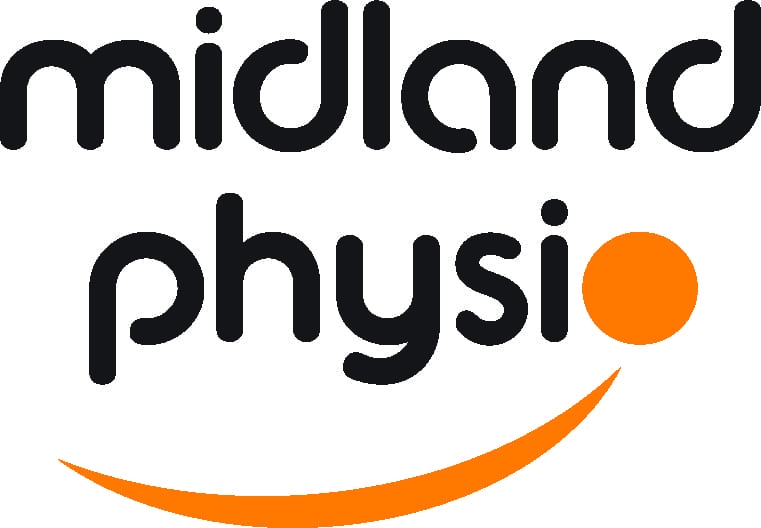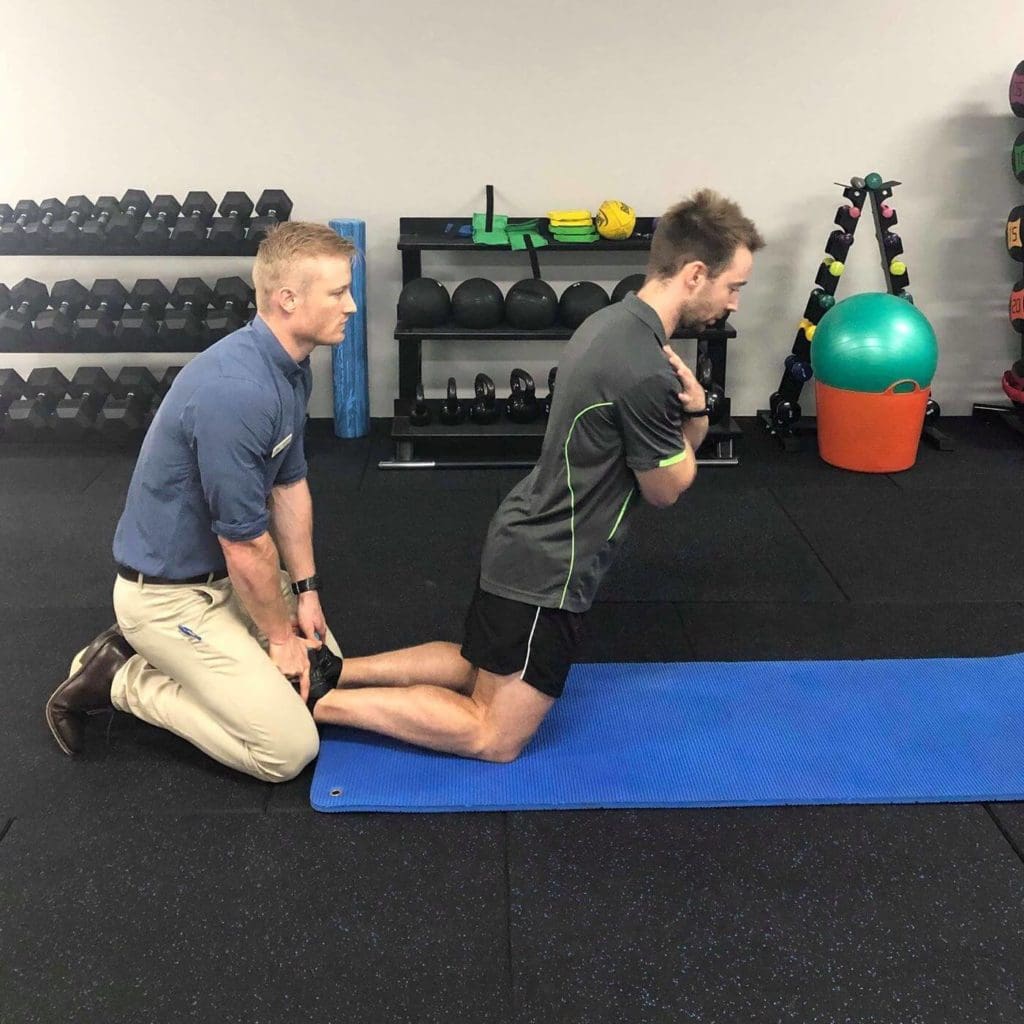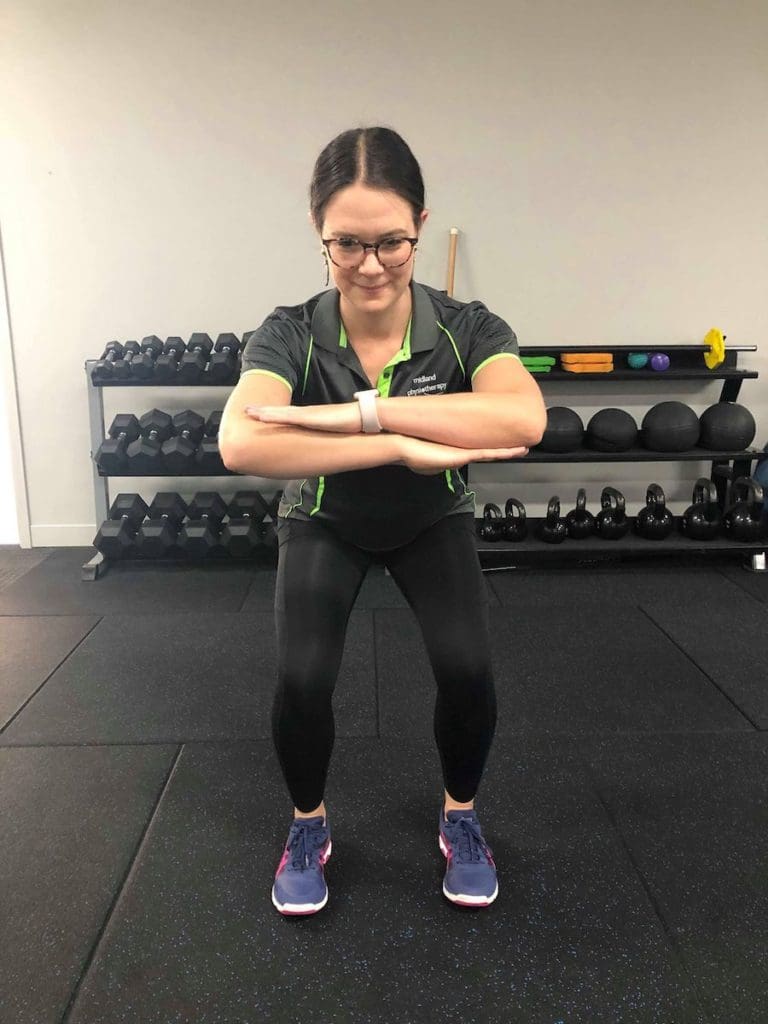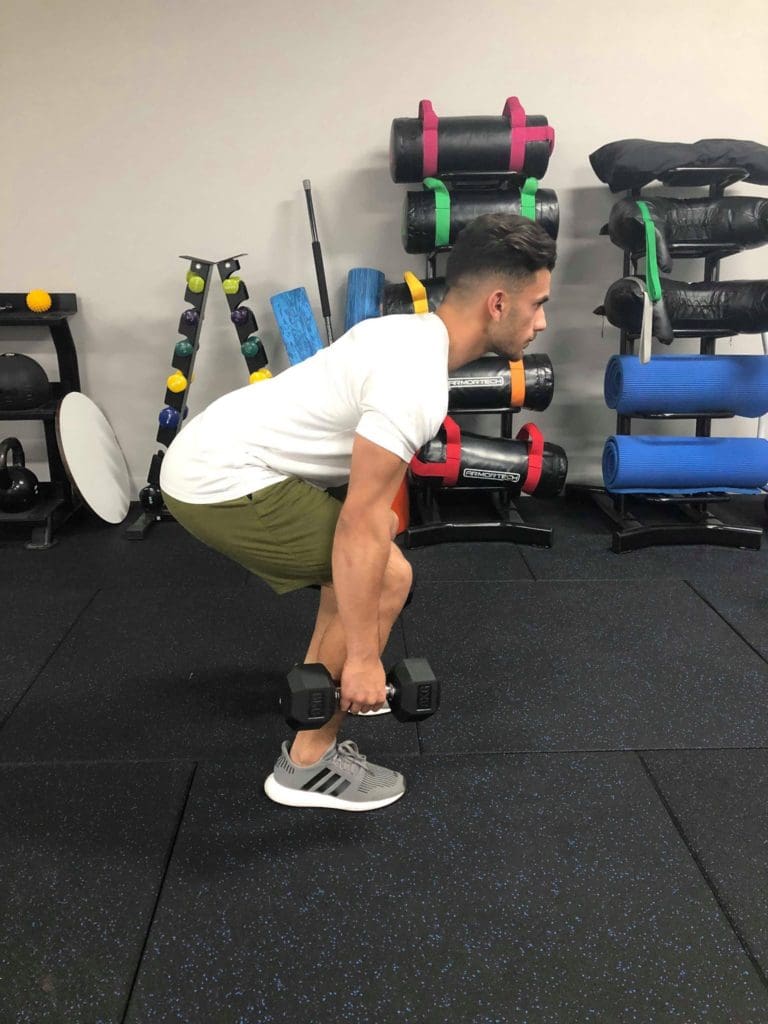This week marks the beginning of Men’s Health Week which aims to raise awareness and build stronger connections between men, their families and the health services. Improving men’s health outcomes is a two-way process involving men and their families engaging in health prevention and management strategies, as well as the health services continuing to learn, adapt and improve on the communication, support and effective treatment of men.
The healthcare landscape is constantly evolving with new research and new understandings of how the body works enabling us to change and improve the way we practice in Physiotherapy. As part of Men’s Health Week, I’m going to explore what most people never consider as a vital part of their health, Sleep.
Now we all know that we can feel a little lousy after a bad night’s sleep. Maybe we feel a little flat, a little moody, or we can’t concentrate as well as normal. Although these are inconvenient symptoms of a poor night sleep, there is a growing amount of research indicating a far greater risk of more serious health ailments associated with poor sleep.
Professor of Neuroscience and Psychology, Dr Matthew Walker, believes that people’s awareness of healthy sleep habits and the health implications of poor sleep are at a similar stage to where smoking was 50 years ago!
What’s wrong with bad sleep?
Poor sleep is closely linked with obesity and diabetes. With lack of sleep, our hunger hormones become unbalanced causing us to crave more food and more unhealthy food. For an underslept population research has shown people can gain 5-7kg of fat in one year.
Insufficient sleep has also been linked to prostate cancer in men, breast and bowel cancers. After only one night with four hours sleep, participants in one study had a 70% reduction in the production of anti-cancer cells (natural killer cells). The link between poor sleep and cancer has been proven so strong that the World Health Organisation (WHO) has recently listed Night Shift Work that disrupts our normal sleep rhythm as carcinogenic (cancer causing). Incredible!
Poor slept also has a two-way relationship with pain – that is, pain can cause disrupted sleep, but also poor sleep by itself can increase our pain perception (by increasing the sensitivity of the nervous system which decreases our pain threshold).
In sporting populations, there is a linear relationship between the number of hours slept each night and injury throughout the season. In a study of athletes, those getting 5 hours of sleep had 60% greater risk of injury than those getting 9 hours sleep each night. Unbelievable!
I could go on and on about the total health benefits of a good night sleep……there are that many!!! And incredibly most people are completely unaware of these!
So how much sleep do we need?
The recommended dose of sleep is between 7 and 9 hours per night. Below 7 hours and we can start to measure impaired brain function. Below 6 hours and brain function and maximum physical capacity can decrease by as much as 30%. After 20 hours of being awake we are considered to be as cognitively impaired as being legally drunk.
How much sleep are we actually getting?
Half of us are not getting the recommended 8 hours sleep per night
A third of us are getting 6 hours or less per night. That means that one third of the population are at far greater risk of poor health simply due to a lack of sleep.
What are some tips for getting better sleep?
There are many resources on the internet that have great tips and tricks for getting to sleep faster, and staying asleep. The best links I have found are:
http://www.cci.health.wa.gov.au/docs/Info-sleep%20hygiene.pdf
https://painhealth.csse.uwa.edu.au/pain-module/sleep-and-pain/ – This Pain Health website is also brilliant for anyone living with pain and is well worth an explore.
The best tips for sleep I have found are:
- Keep a regular routine – go to bed and wake up at the same time every day. On weekends try to keep your sleep patterns within one hour of normal.
- Minimise screen time before bed – 1 hour of iPad reading compared with 1 hour normal reading lead to 50% less, and delayed melatonin release (the sleep hormone that allows us to sleep).
- Reduce lighting before bed – 1 hour before bed turn off bright house lights for the same reasons as above.
- Exercise regularly – even low levels of regular exercise improve sleep quality. The recommended dose of exercise is 30 minutes of moderate intensity (a brisk walk) per day.
- Keep a strong link between bed and sleep – minimise activities in the bedroom to sleep and sex.
- Have a hot bath or shower 1 hour or so before bed – the rapid drop in body temperature after helps us get to sleep.
- Consider diet – foods with low fibre, high in carbohydrates and sugars are generally bad for sleep. Timing of eating so you aren’t too hungry, or too full.
I hope this has shed some light on the importance of quality sleep on our health and provided some tips on how to get better sleep if you need it! It is an absolutely essential part of human recovery and function.
Happy Men’s Health week!! At Midland Physiotherapy we continually strive to provide an open and comfortable environment for men to engage in their healthcare and provide opportunities for improving their health knowledge and health outcomes. I am always up for a discussion over the phone or email if you have any questions about this blog, or anything physio related. Just call reception ? 9274 1482 and leave me a message, or attention emails to Luke.
Resources:
http://www.cci.health.wa.gov.au/docs/Info-sleep%20hygiene.pdf
https://painhealth.csse.uwa.edu.au/pain-module/sleep-and-pain/
Podcast – The Joe Rogan Experience – #1109 Dr Matthew Walker
https://www.cancer.org/cancer/cancer-causes/general-info/known-and-probable-human-carcinogens.html
Luke Bonnett
Physiotherapist
Masters Clinical Physiotherapy
Luke is passionate about making change in peoples’ lives and finding long-term solutions to their problems. He has gained experience working as a physiotherapist in central London, worked closely with Guildford Grammar sporting teams, and in 2016 he completed a Masters of Clinical Physiotherapy specializing in Manipulative Therapy.
Utilizing the most up-to-date clinical and research evidence Luke successfully treats all areas of the body, but has a special interest in long-term low back and neck pain, over-use tendon problems, headaches, and shoulder pain. When not at work Luke enjoys keeping fit with weights and running, travelling the world, spending time outdoors camping and fishing (and guilty pleasures of watching too many TV series).
Special Interests:
- Long-term low back and neck pain
- Over-use tendon problems
- Headaches
- Shoulder Pain
Midland Physiotherapy
Unit 3/401 Great Eastern Highway
Midland 6056 Western Australia
(08) 9274 1482
mail@midlandphysiotherapy.com.au
Hours of Operation
Monday – Friday 7am – 7pm
Saturday 8:30am – 12:30pm
Sunday 9am – 12pm




